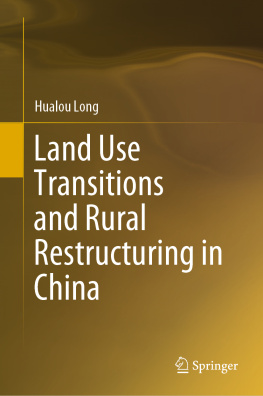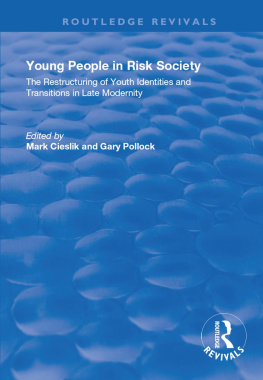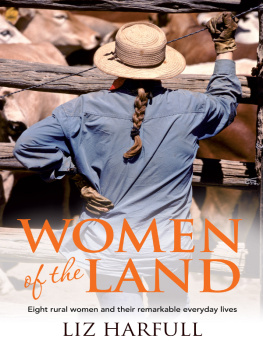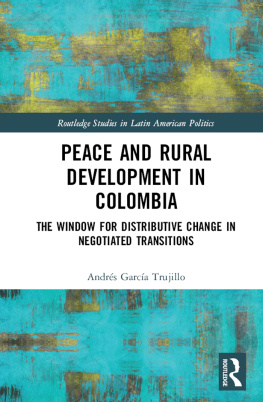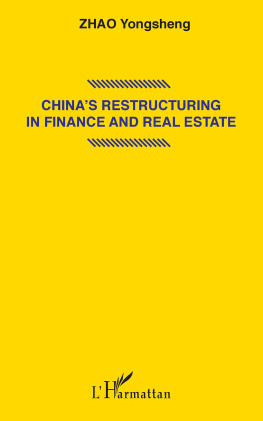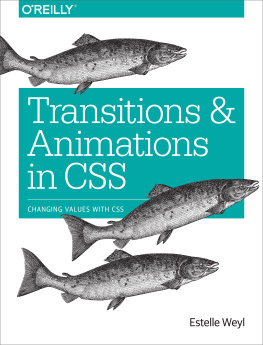Hualou Long - Land Use Transitions and Rural Restructuring in China
Here you can read online Hualou Long - Land Use Transitions and Rural Restructuring in China full text of the book (entire story) in english for free. Download pdf and epub, get meaning, cover and reviews about this ebook. year: 2020, publisher: Springer Singapore, genre: Politics. Description of the work, (preface) as well as reviews are available. Best literature library LitArk.com created for fans of good reading and offers a wide selection of genres:
Romance novel
Science fiction
Adventure
Detective
Science
History
Home and family
Prose
Art
Politics
Computer
Non-fiction
Religion
Business
Children
Humor
Choose a favorite category and find really read worthwhile books. Enjoy immersion in the world of imagination, feel the emotions of the characters or learn something new for yourself, make an fascinating discovery.
- Book:Land Use Transitions and Rural Restructuring in China
- Author:
- Publisher:Springer Singapore
- Genre:
- Year:2020
- Rating:3 / 5
- Favourites:Add to favourites
- Your mark:
- 60
- 1
- 2
- 3
- 4
- 5
Land Use Transitions and Rural Restructuring in China: summary, description and annotation
We offer to read an annotation, description, summary or preface (depends on what the author of the book "Land Use Transitions and Rural Restructuring in China" wrote himself). If you haven't found the necessary information about the book — write in the comments, we will try to find it.
Hualou Long: author's other books
Who wrote Land Use Transitions and Rural Restructuring in China? Find out the surname, the name of the author of the book and a list of all author's works by series.
Land Use Transitions and Rural Restructuring in China — read online for free the complete book (whole text) full work
Below is the text of the book, divided by pages. System saving the place of the last page read, allows you to conveniently read the book "Land Use Transitions and Rural Restructuring in China" online for free, without having to search again every time where you left off. Put a bookmark, and you can go to the page where you finished reading at any time.
Font size:
Interval:
Bookmark:
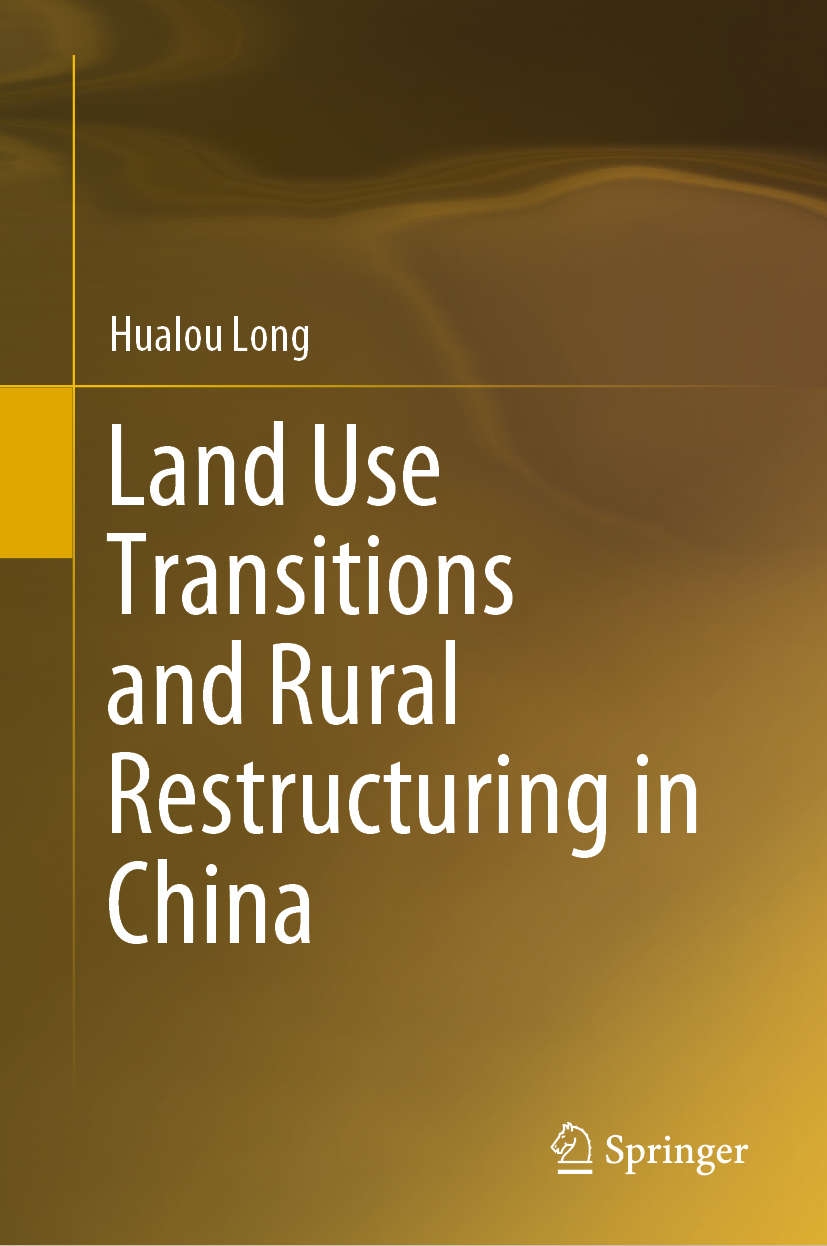

This Springer imprint is published by the registered company Springer Nature Singapore Pte Ltd.
The registered company address is: 152 Beach Road, #21-01/04 Gateway East, Singapore 189721, Singapore
The restructuring of rural China is one of the most important elements of global social and economic change in the early twenty-first century. From a traditionally rural country, with deep cultural roots in the soil, China has been transformed into a highly advanced and largely urbanized society within the course of a few decades. The scale and significance of the transformation is equivalent to the industrialization and urbanization of Europe in the nineteenth and early twentieth centuries, and like the European experience a century earlier, its impacts reverberate around the globe. Yet, contemporary China is not Victorian-era Europe and whilst there are parallels, we cannot assume that the trajectories, consequences, and responses are the same.
The shifting rural-urban dynamics of contemporary China are not just a question of population movement or land use change, but are entangled with a much wider series of social, economic, cultural, environmental, and political issues. Urbanization and rural restructuring raise particular challenges for the governance of an increasingly mobile population and asymmetrical workforce, the allocation of public resources, the reduction of territorial inequalities, the maintenance of food security, and the management of the environmental impacts of development. These challenges have been recognized by the Chinese government, with the policies of Building the New Socialist Countryside since 2006 and subsequent Rural Vitalization since 2017 adopted as a top priority for the Communist Party of China and forming arguably the most ambitious program of rural development and regeneration ever attempted anywhere in the world.
Chinas rural-urban transformation therefore inevitably demands scientific investigation. Initially, geographers and other social scientists were drawn to Chinas rapidly expanding cities as the focus of their studies; however, over the last decade researchers have increasingly explored the problems of the rural districts of China and the processes of restructuring that are experienced there. Accordingly, there has been an explosion in the number of published papers on rural China, by both Chinese and international scholars, appearing in leading international journals. Indeed, so extensive now is this literature that there is a desperate need for a coherent and accessible overview text to help students and researchers to navigate the field.
InLand Use Transitions and Rural Restructuring in China, Hualou Long provides just such a guide. The book discusses the considerable evidence base accumulated by Longs extensive body of research on rural China over more than a decade and draws on his training in both human and physical geography, his experience of working in both policy and academic contexts, and his detailed knowledge of international debates and concepts in rural studies. It presents a rich blend of national and regional scale statistical analysis with detailed local case studies, combining quantitative and qualitative data and adding sophisticated critical and theoretically-informed analysis that both acknowledge historical trends and look ahead to future projections. Together these elements make for an authoritative and important volume.
The chapters of this book emphasize the key components of Chinas rural transition, starting with the central significance of land. Land is important as a contested resource, with the conversion of rural land for urban expansion and housing development needing to be balanced against the preservation of farmland to ensure food security for Chinas expanding population. Achieving this balance requires new approaches to land management and may in places involve changes in land tenure and the consolidation of traditional units into larger holdings. It also leaves little room for the neglect or abandonment of land, especially in densely-packed Eastern Coastal China. In hollowed villages such as those discussed in Chap., land consolidation and reorganization is frequently a vital response to out-migration and the disuse of properties, necessary to ensure the continuing coherence and viability of the communities and to keep good agricultural land in productive use.
At the same time, the place of people in Chinas rural transition is not over-looked, with Chap.show this is taking many different forms, from industrial agriculture to eco-tourism to the growing opportunities offered by e-commerce and the proliferation of Taobao villages. Characteristically, Longs analysis of localities following these different trajectories not only unpicks the different drivers but also focuses in detail on the impacts, including changes in land use in the villages concerned. As such, the various case studies presented in this volume aggregate into an integrated and holistic picture of change in rural China.
Underlying the three dimensions of land, people, and economy is the significance of policy. As noted above, the restructuring of rural China described in this book has been shaped not only by the centripetal force of urbanization, but also the Chinese states response to urbanization in the policies of Building the New Socialist Countryside and Rural Vitalization. As a recurrent thread through the chapters, Long describes and evaluates policy interventions, but also discusses the ways in which policy and the roles and practices of central, provincial, and local governance have evolved, noting for instance the changing contours of state intervention in Chap.. Neither is this the perspective of a disinterested bystander, as Long reflects on the role of scienceincluding his own researchin informing the development and application of evidence-based policy for rural China.
Font size:
Interval:
Bookmark:
Similar books «Land Use Transitions and Rural Restructuring in China»
Look at similar books to Land Use Transitions and Rural Restructuring in China. We have selected literature similar in name and meaning in the hope of providing readers with more options to find new, interesting, not yet read works.
Discussion, reviews of the book Land Use Transitions and Rural Restructuring in China and just readers' own opinions. Leave your comments, write what you think about the work, its meaning or the main characters. Specify what exactly you liked and what you didn't like, and why you think so.

